https://www.npr.org/sections/money/2022/08/30/1119715886/inside-the-rise-of-stealerships-and-the-shady-economics-of-car-buying
Recently, my truck was stolen, forcing me to get some new wheels. And, for the first time in my life, I've been looking to buy a new car. The process has involved hours of searching. Painful haggling. And encounters with many dealerships that, quite frankly, have been downright duplicitous. The whole thing has been kind of a nightmare.
Cars are, of course, expensive, especially with the supply chain fiasco creating shortages. But it's more than that. Shopping for cars is not like shopping for most other products. Unlike, say, computers or refrigerators, cars are typically not sold for one standard price. Ten people could go into a dealership and each pay a wildly different amount to buy the same exact vehicle.
Economists call this sort of pricing strategy "price discrimination." That's when, instead of charging everyone the same price, sellers charge people different prices based on their willingness to pay. In simpler terms, it means that the seller milks as much money as they can out of you. Not all dealerships engage in this pricing strategy, but many do it aggressively, often with snake oil-style salesmanship, deceptive marketing tactics, hidden fees, and overpriced add-ons, like floor mats, alarm systems, or anti-rust undercoating. Some consumers call the outfits that employ these tactics "stealerships." . . .
See the rest here.
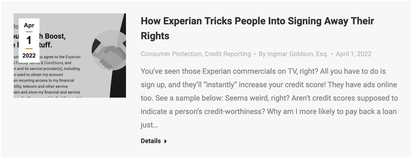
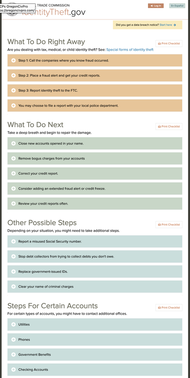

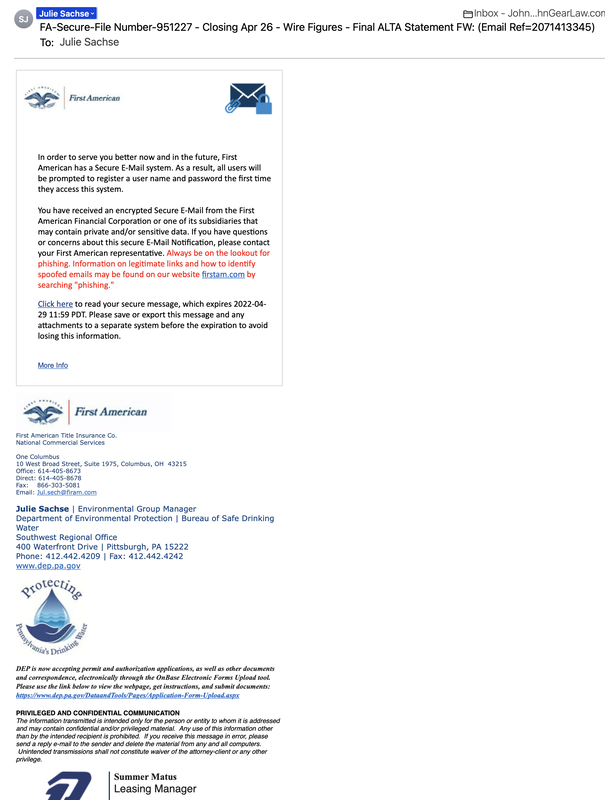
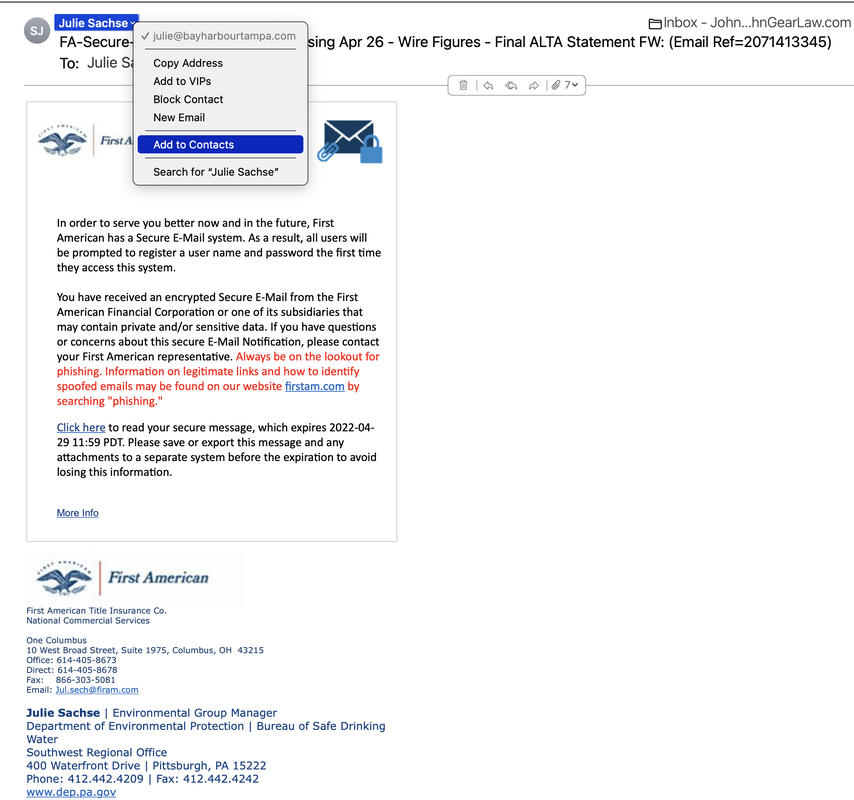
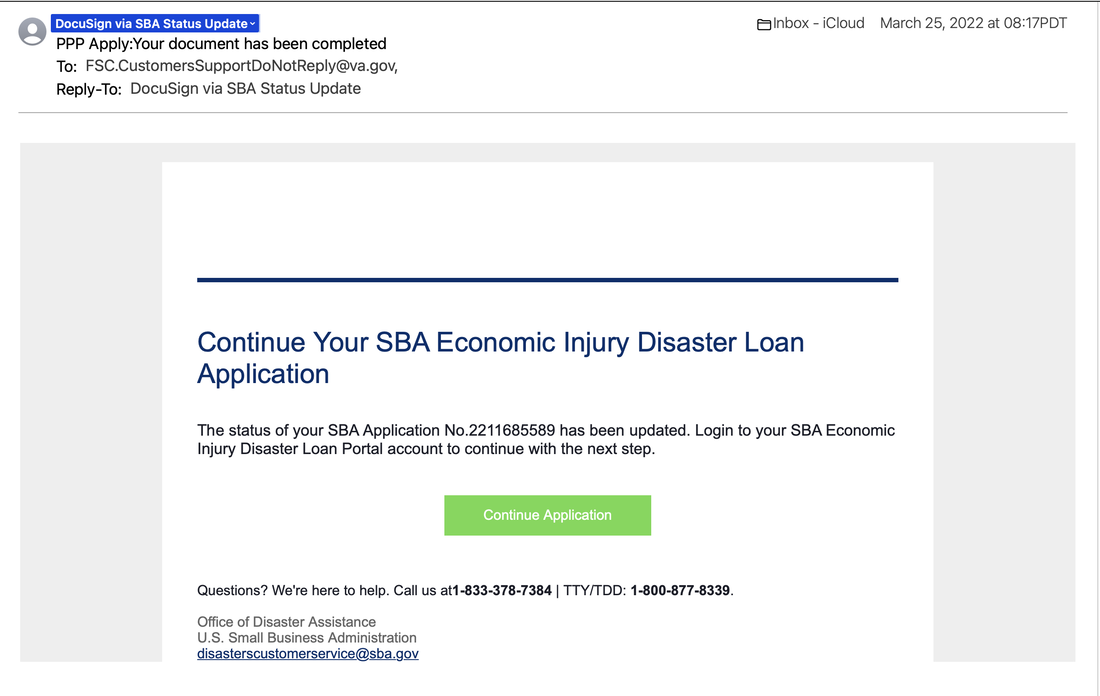
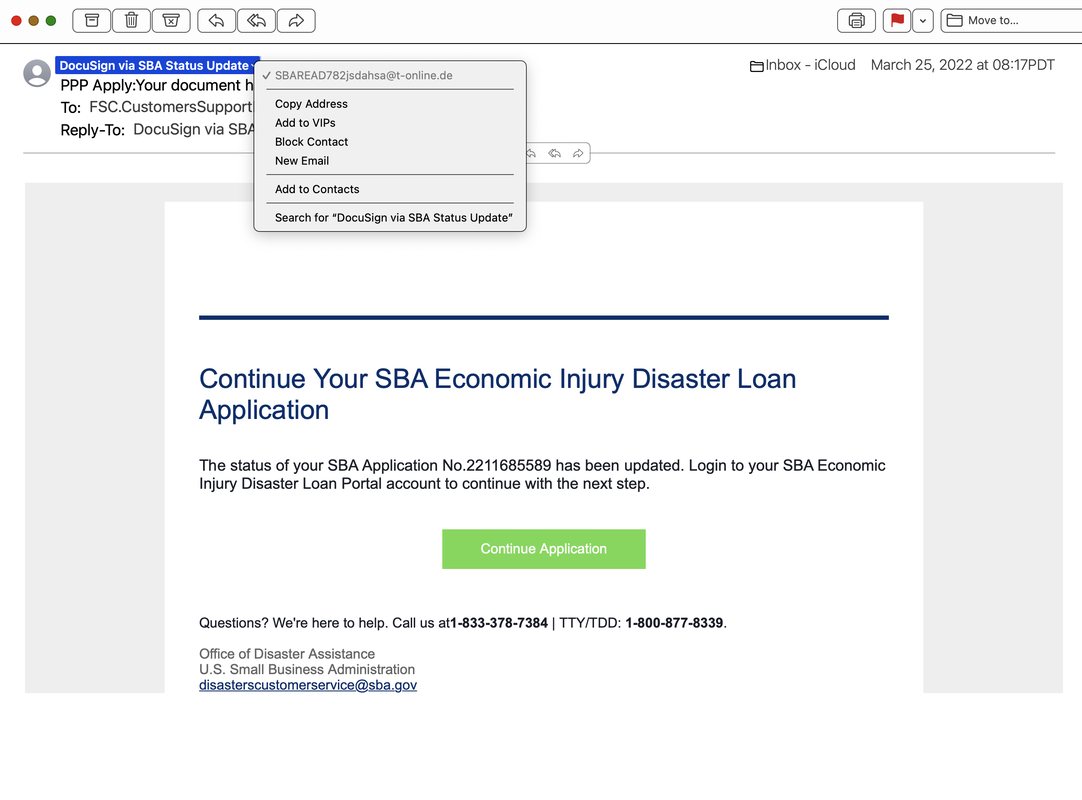

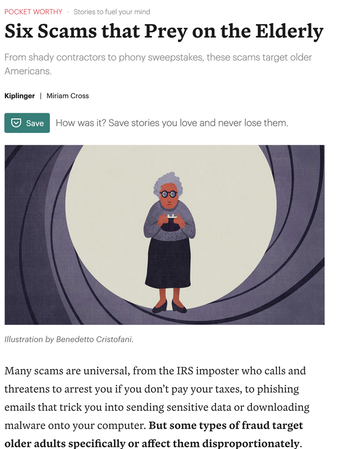
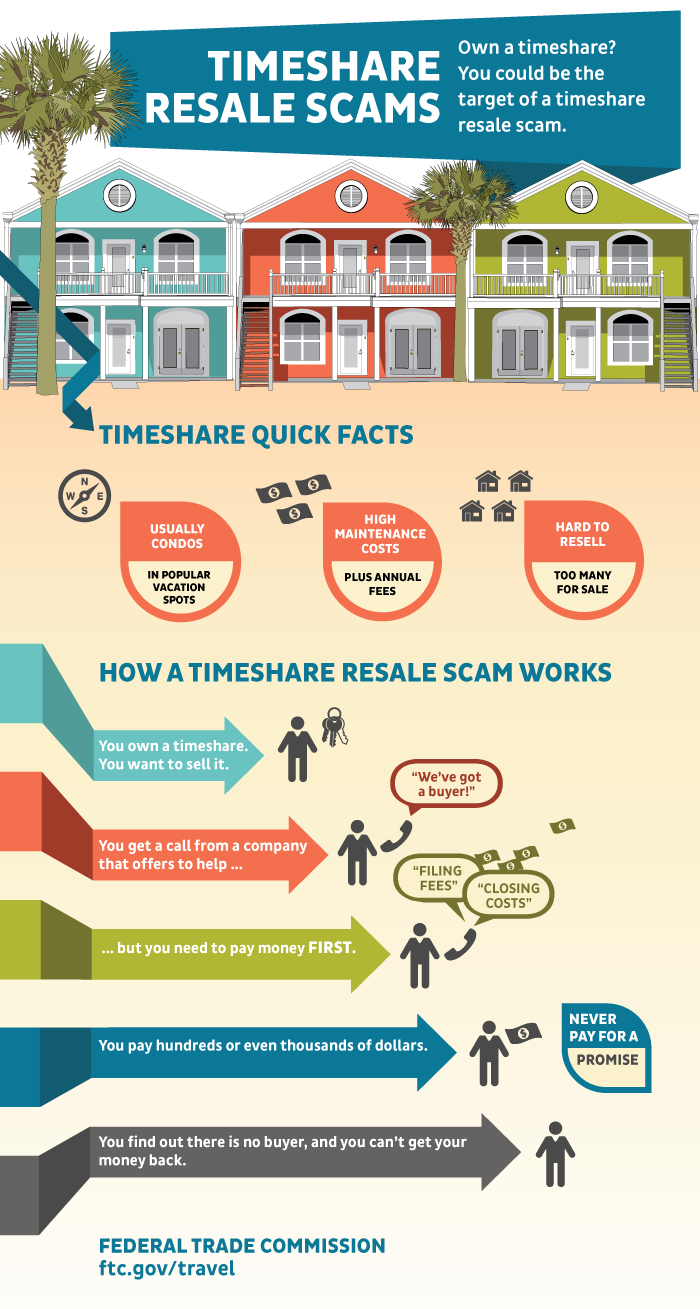


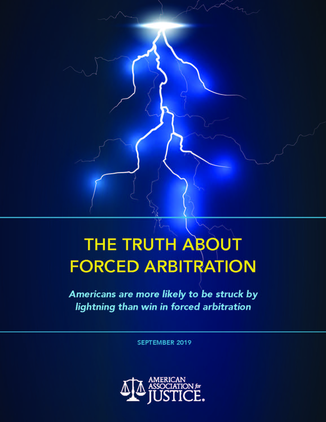
 RSS Feed
RSS Feed
